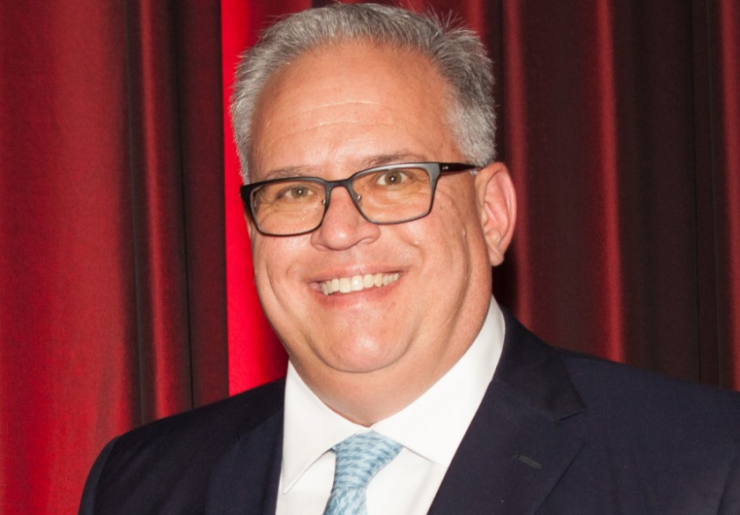The municipal market bounced back to normal trading volumes after a tumultuous spring, while coronavirus-related disclosures are slowly creeping back up.
A quarterly trading report released by the Municipal Securities Rulemaking Board Tuesday morning showed that the par amount traded in the municipal market reached $787.4 billion in this year’s second quarter, down from over $1 trillion in the first quarter.
The number of trades decreased to 2.32 million trades from April to June compared to 2.4 million trades in the first quarter. The first quarter was marked by severe market volatility as the economic effects of the pandemic took hold.
Michael Decker, senior vice president of policy and research at Bond Dealers of America, called the first quarter an anomaly.
“It was an unusual set of circumstances that was driven by a lot of uncertainty concerning the virus,” Decker said. “The first-quarter statistics are, not to say they’re not reliable or accurate, but they reflect an unusual set of circumstances that we’re not likely to see at least in the near future.”
Dealers are concerned about how much credit risks issuers could be facing, which are hard to measure due to uncertainty, Decker said.
“That’s the big unknown and what dealers will be watching carefully,” Decker said.
“The trend over the course of the summer has definitely been towards lower average trading which is a little unusual because of the summertime spike in redemptions in the past has led to increased trading,” said Patrick Luby, senior municipal strategist at CreditSights.
Dealers aren’t seeing demand and therefore not trading their inventory, Luby said.
Luby said lower volumes appear to be on the horizon for the future, noting that primary dealer holdings of municipal bonds have decreased. Primary dealers are registered to transact directly with the U.S. Treasury and participate directly in Treasury auctions. They have to report out information every week.
“Munis are almost always a small percentage of the primary dealer market exposure, but it’s even smaller than usual now, which doesn’t surprise me,” Luby said, because of low-interest rates and high volatility.
Primary dealer municipal bond inventory is lower than the year to date average. In 2019, long term municipals average 4% of the total weekly primary dealer fixed income market exposure and since April has been at 2%, according to a CreditSights report.
Dealers also look at the volatility in the market and therefore carry less inventory, meaning less trading, Luby said.
"It appears dealer inventories remain below average levels, suggesting that trading activity is likely to remain at lower levels."

A security from Puerto Rico Sales Tax Financing Corporation was the most actively-traded in the second quarter, with over $6 billion in trades. Another COFINA security has the most trades with 1,478.
Customer buying activity accounted for 37.4% of 2.32 million trades in the second quarter. Customer sales accounted for 24.7% of all trades in the second quarter, higher than the 22.7% in the same period last year.
On Tuesday, the MSRB also released its weekly COVID-19 related disclosure report. COVID-19 related disclosures in the primary market have now reached 13,656 filings since March.
The beginning of July saw a significant dip in filings. For the week ending July 5, COVID-19 related disclosures were just above 200, but have steadily increased since. For the week ending Aug. 2, there were almost 1,000 disclosures, more on par with filings over the last few months.
Sources have said the dip in disclosures was caused by issuers’ end of fiscal years and their attention toward closing those books.
Luby expects there to be more disclosures even after the virus eventually is contained. He said COVID-19 related disclosures will be even more important the longer the pandemic lingers.
“Even when the infection rate begins to drop, we’ll still see an increase in the amount of disclosure because the financial after-effects after the virus are not going to immediately go away if the virus disappeared tomorrow.” Luby said. “The after-effects will linger.”





